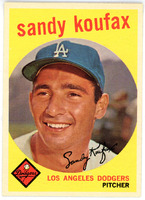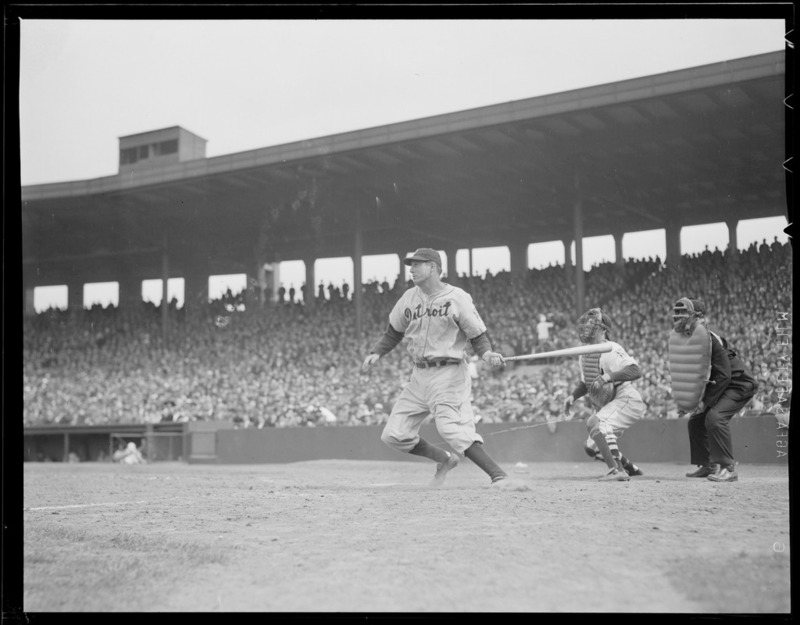Legacies & Conclusions
The publicity of Greenberg’s 1934 Rosh Hashanah decision carries the implication of public uncertainty. In contrast, Sandy Koufax was unwavering in his decision to not pitch in Game One of the 1965 World Series as it fell on Yom Kippur, the Jewish Holiday of Atonement. (Rosenberg, 2015)
Don Drysdale (1936 – 1993), Koufax’s substitution, gave up seven runs and the Dodgers (2) lost Game 1 of the '65 World Series to the Minneapolis Twins (8). However, Koufax more than made up for his absence starting Games Two, Five, and Seven on the mound for the Dodgers. After losing in Game Two, Koufax dominated with complete-game shutouts in Games Five and Seven. (Merron, 2001)
While Greenberg’s 1934 decision was a public matter, the reaction to Koufax’s announcement was nearly the opposite. After being named Sports Illustrated's Sportsman of the year, there was no mention of his Judaism or of missing Game 1 in the multi-page interview with Koufax.
Without the public involvement and reaction to Greenberg’s decision, the lack of reaction to Koufax’s choice, in an arguably more important game, would not be possible. The complete opposite reaction, only thirty-one years after Greenberg’s Rosh Hashanah game, represents insurmountable progress in the acceptance, normalization, and role that Jewish-Americans continue to play in American society. While there is still much work to be done towards combatting anti-Semitism, Greenberg and Koufax, through mastering their respective crafts, helped facilitate American acceptance of the Jewish people as much as any two athletes could.
Whereas Greenberg and Koufax provided heroics that would not soon be forgotten, Miller represents the other side of the coin. As Miller grew up, he saw both of his parents walk picket lines and support those around them while also not having much for themselves. He saw communities detroyed by the depression and found himself sympathizing with workers from an early age. His work with the Major League Players Association from 1966 to 1983 cemented him as one of the most influential labor leaders in American history.
In 1997, the Major League Baseball Players Association introduced the Marvin Miller Man of the Year, which is voted on by the players to celebrate players who are leaders on the field and in their community. Although the story of Marvin Miller is often overlooked when talking Jewish icons in baseball history, his legacy is still alive and well.
According to Miller, "I would like them to remember as a trade union leader, whether it was baseball or something else... I would like to be remembered as somebody who built a very solid union from the beginning... one of the strongest and most democratic unions in the country."
The heroics of Greenberg and Koufax will never be forgotten by baseball loving, Jewish Americans, but may become more story than truth. The legend of Marvin Miller, however, will never be changed, forgotten, or lose its significance. Miller is a legend among legends, and in the imortal words from The Sandlot (1993), "Heros get remembered, but legends never die."

